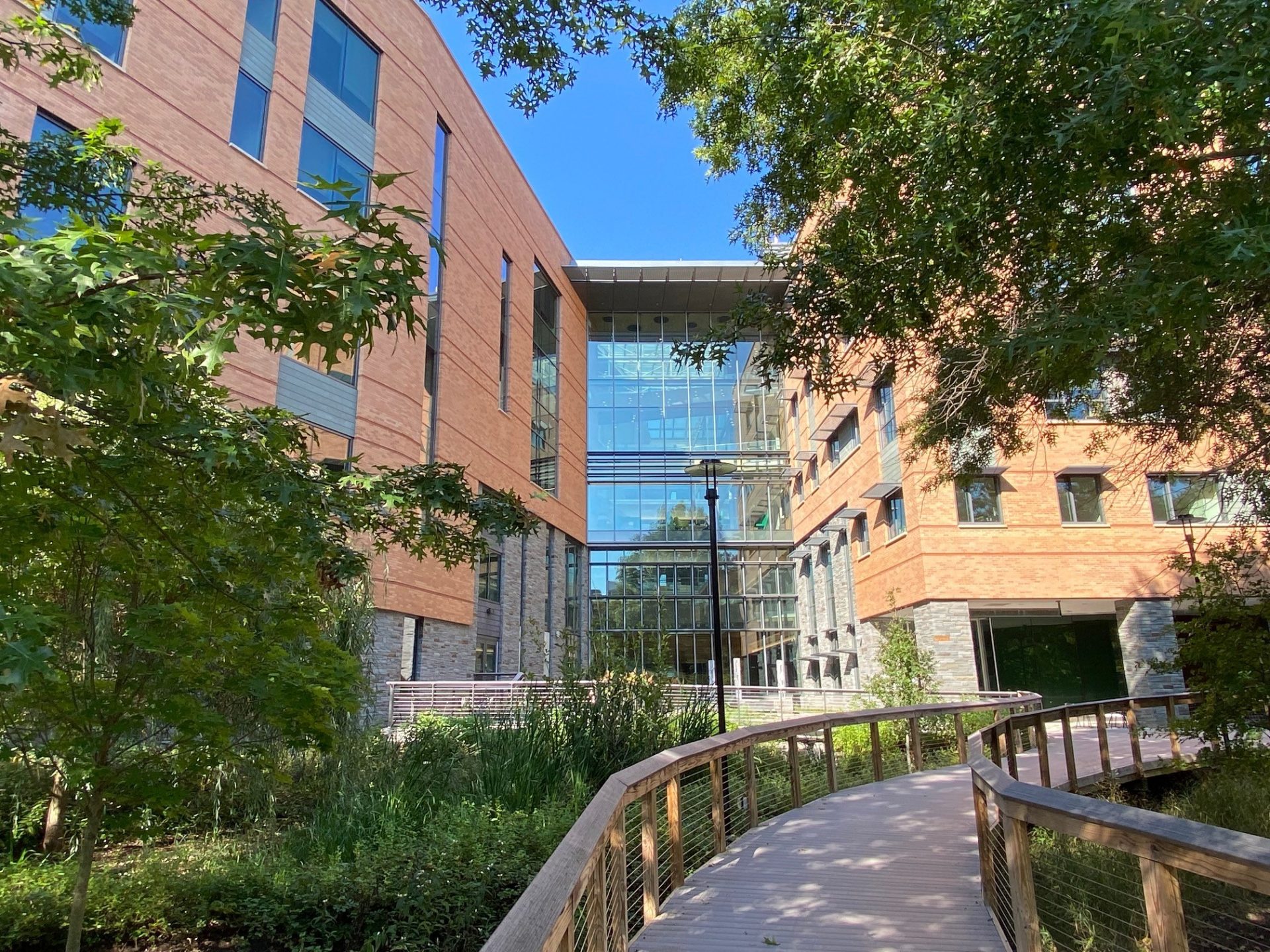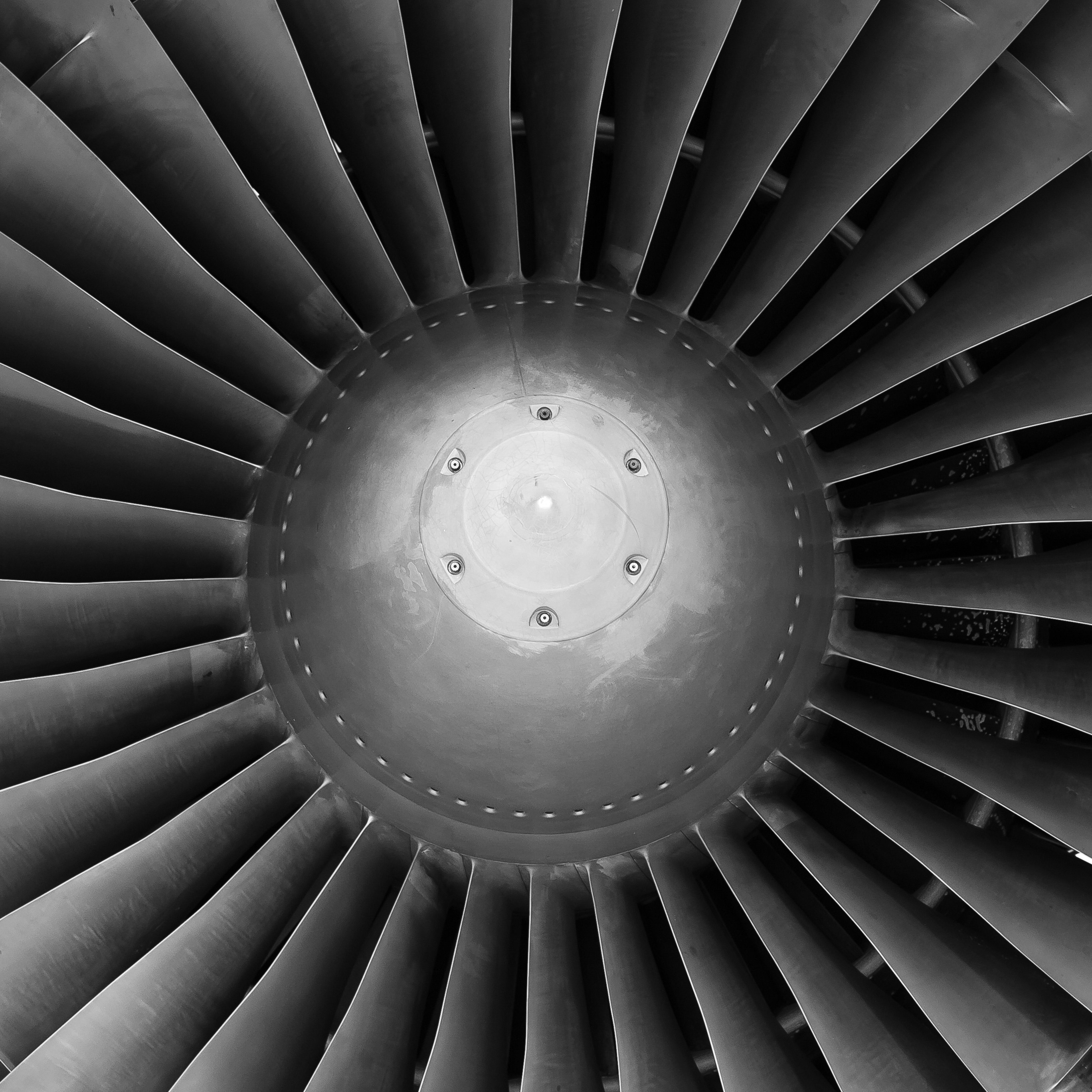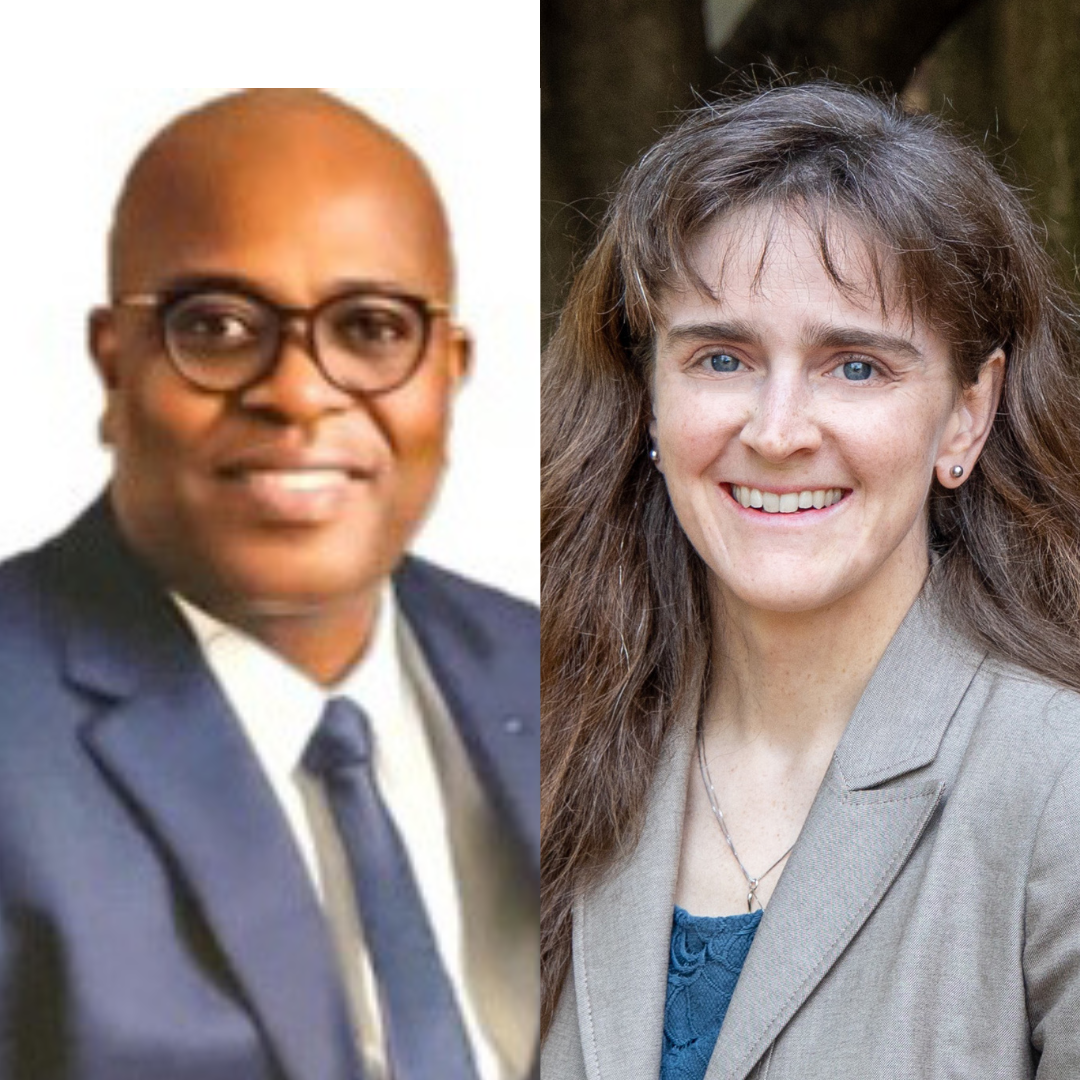News Story
Clark School, Techno-Sciences Win Contracts
Techno-Sciences, Inc. and the Clark School have won two commercial development contracts from the Bell/Boeing and Boeing Phantom Works teams to support DARPA's Mission Adaptive Rotor (MAR) Program.
A team including Clark School Professor Norman Wereley (aerospace engineering) and principal investigator Curt Kothera of Techno-Sciences, a Clark School spin-off company, will lead analysis and component-level evaluations of pneumatic morphing technologies for the Bell/Boeing next-generation tiltrotor aircraft and Boeing Phantom Work's advanced, single-rotor attack helicopter. Vehicle integration and flight testing will follow over the next four years.
The work supports a Pentagon research program that aims to fly a shape-changing rotor offering substantially more payload and range with significantly less noise and vibration. The goal of MAR is a rotor that can change its configuration before a mission and in flight, between mission segments and with every revolution. The blades on an adaptive rotor could change their length, sweep, chord, camber, tip shape, twist, stiffness, rotational speed or other attributes.
MAR objectives are aggressive: increase payload by 30 percent and range by 40 percent, and reduce rotor acoustic-detection range by 50 percent and vibration by 90 percent, compared with a clean-sheet "non-adaptive," or conventional, rotor.
Techno-Sciences has received several Maryland Industrial Partnerships project awards through the Maryland Technology Enterprise Institute (Mtech).
Published September 8, 2010









